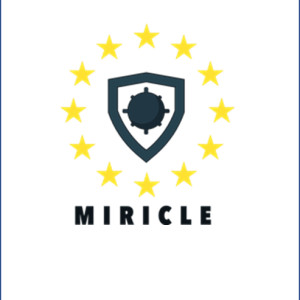 \
&
Contact us
\
&
Contact us
 \
&
Contact us
\
&
Contact us
Starts in 2 days from now
LocationOnline
ProgrammesOn 16 September, Commissioner Ekaterina Zaharieva (Commissioner for Startups, Research and Innovation) will be engaging directly with stakeholders through an implementation dialogue*. The theme of the dialogue will be implementation and simplification of Horizon Europe, the EU research and innovation programme.
The centrepiece of the Dialogue will be a set of thematic discussions in three consecutive blocks, focusing on three key steps in the client journey of Horizon Europe:
You can find more information here.
In-person participation is by invitation only.
For online participation, please register here.
*Implementation dialogues are consultation tools at a political level, meant to strengthen and boost European competitiveness through feedback from stakeholders to facilitate the implementation of EU policies and the simplification of EU rules and spending programs.
We offer news and event updates, covering all domains and topics of Horizon Europe, Digital Europe & EDF (and occasionally, for ongoing projects, Horizon 2020).
Stay informed about what matters to you.
By signing up, you can opt in for e-mail notifications and get access to
a personalised dashboard that groups all news updates and event announcements in your domain(s).
Only for stakeholders located in Flanders

The Miricle project, ‘Mine Risk Clearance for Europe’, obtained funding under the European Defence Industrial Development programme call ‘Underwater control contributing to resilience at sea’. The main objective of the project was to achieve a European and sovereign capacity in future mine warfare and create a path for the next generation ‘made in Europe’ countermeasure solutions. In order to realise this objective, Miricle addressed various stages: studies, design, prototyping and testing. These stages inter alia included the successful testing of an XL Unmanned Underwater Vehicle, a protototyped mine disposal system and multiple innovative systems to detect buried mines. Flanders Marine Institute (VLIZ), was one of the five Belgian partners in the consortium. Within the project, VLIZ was able to forward its research on the acoustic imaging of the seabed to spatially map and visualize buried structures and objects - in this case buried mines - in the highest possible detail. VLIZ also led the work on ‘Port and Offshore Testing’, building on the expertise of the institute in the field of marine operations and technology.